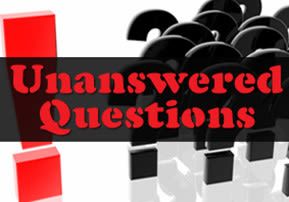
Unanswered Questions
The more Sholmo opened his eyes to the unanswered questions and outright discrepancies of the church doctrine, the more rebellious he felt against the institution...

Strangers No More, Part 10
When the news disseminates from Jerusalem, hopefully in our time, that the Jews are crowning Mashiach as King of Israel, this will not be the kind of news 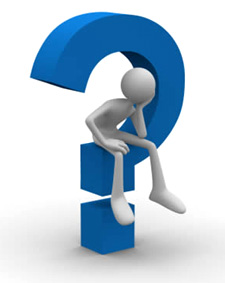 the Christians are anticipating. The breaking news of this historical event will pave the way for all nations to believe in the One and Only God of Israel.
the Christians are anticipating. The breaking news of this historical event will pave the way for all nations to believe in the One and Only God of Israel.
 the Christians are anticipating. The breaking news of this historical event will pave the way for all nations to believe in the One and Only God of Israel.
the Christians are anticipating. The breaking news of this historical event will pave the way for all nations to believe in the One and Only God of Israel.How can I make such bold statements against Christianity? Why is this institution still influential if it is based on error? People have a great inner need for spirituality and religiosity. Whoever tends to this basic human need will acquire followers. This can be said for the Christian Church. Christianity is an easy religion and the holidays are beautiful. Think about Christmas and all the family gatherings, decorations, presents, or the glory of an early morning Easter service. Christianity also has the “license” to execute all the rites of passage during the cycle of life, beginning with baptism after a birth, confirmation upon entering adulthood, marriage, and finally the burial ceremony. Rituals celebrating rites of passage are found in all cultures and religions. As long as Christianity can maintain a broad contact with mainstream citizens through these rituals and ceremonies, it will remain intact. Although some of the rites touch existential questions, such as life and death, or the purpose of life, the big theological issues can always be avoided. It is one thing to be a good adviser and comforter, as most ministers are in these situations, and quite another to question the consistency and truth of significant theological issues, such as monotheism, Mashiach, and the Word of God.
To me, the evidence against the trustworthiness of Christianity became a burden too heavy to bear. I could no longer harbor the responsibility of sharing in that faith. Since I could not change the teaching or influence the believers, the only option left to me was to step out of that framework, abandon the lifestyle and environment. The irony is that the strongest evidence against Christianity is its own holy book, the New Testament. In Christianity I could still find enough traces of truth that led me back to its origins. This search took me to Judaism, where the truth and vigor of the old theology drew me like iron filings to a magnet. I was not only pushed out of the Church by its falsehoods, but also pulled towards Judaism by its fascinating authenticity.
One basic and very important teaching within the Church is the divine birth of Jesus, a person whom the Christians claim to be the Mashiach (Messiah). On the first page of the Christian New Testament, two claims are made simultaneously, but they don’t gel. Matthew, the disciple of Jesus and writer of the first book of the Christian Holy Book, explains how Joseph, the husband-to-be of Mary who gave birth to Jesus, is of the line of David. This supports the idea that Jesus could be the Mashiach, since the Christians agree with the Jews that the Mashiach has to be of the line of David. Matthew’s next statement, however, is that Joseph is not the father of Jesus. Rather, his paternal origin is divine and he is actually conceived by the Holy Spirit; that is, by God himself. What further complicates the story is that even Joseph was taken by surprise by Mary’s pregnancy. She is reported to have been pregnant before they were married under the chuppah. An angel informs Joseph that the pregnancy is of divine origin and encourages him to still take her as his wife.
This is like trying to place three pieces in a two-piece puzzle. Whatever way you look at the problem you have one piece left over. Since when has a two-piece puzzle been complicated anyway? Is Jesus the Son of Joseph or is he the Son of God? He cannot be both. The third piece in this puzzle is the claim that he is the Mashiach. If Jesus is the Son of God born of Virgin Mary, as the Church claims, then he is not of the line of David, since Joseph was not his father, and consequently he cannot be the Mashiach. If, again, he is born with Joseph as his father and of Davidic lineage, he is not of divine origin, in opposition to the most vital Church dogma that Jesus is God. This simple equation is open for everybody to see on the first page of the New Testament, but nobody questions it.
Why is it forbidden to question the teaching? Because it is more important to uphold the institution! Loyalty must be directed towards the tradition of the Church rather than to the Bible. If there is a discrepancy between the Bible and the accepted teachings of the institution, one is obliged to follow the official teaching. Furthermore there are always explanations.
The more I opened my eyes to these questions, the more rebellious I started to feel toward the institution. And there are many more questions. It is not just a two-piece puzzle, but a puzzle of two thousand pieces.
What of Sunday, the day of rest? Is it found in the Tanach? No! So why is it so important in the eyes of the Church? Doesn’t the Torah teach that Shabbat, the seventh day of the week, is the day sanctified by God for the purpose of Torah study, prayer and rest – the day when God rested after His six days of creation? During the early centuries of Christian history, when the Church was institutionalized and politicized, Sunday, rather than Saturday, was designated as the Christian Sabbath, in order to differentiate between Christians and Jews. The Christians claim to celebrate Sunday because Jesus was said to have risen from the dead on the first day of the week. When the new religion became a state affair in the Roman Empire, it was also convenient to combine this day with the day the pagans worshiped the sun (sun-day). Another god has another day! Far-reaching decisions about the calendar and some important festivals were finalized in the Church council meetings in Nicaea in the year 325 of the Common Era (CE) and repeated in 381 CE. It was decided that the date of Easter, which was celebrated simultaneously with Passover, must be changed. The political majority decision was more authoritative than the Torah. It was also a deliberate step by the Church to separate itself from the Jews and create a new religion with its own calendar and festivals. They took a festival that was originally Jewish, Passover, and created a new one, Easter. This is a very familiar pattern in the formation of Christianity.
In more recent history, the European Union took a formal decision that Sunday must be regarded as the day of rest in the whole EU.
“The weekly day of rest must extend over at least 24 consecutive hours, and it must be Sunday.” The law, instituted by the forerunner to the EU, the EC, on 1st August 1988, was updated by the European Union on 23rd February 2001.
“In principle, the law prohibits Sunday work. Workers whose religion does observe a day of rest on a day other than a Sunday may opt for Friday or Saturday, ” a footnote to the law explains.
During the first centuries CE, there was already another religion – the new Christianity, which had to fight for its existence. The fight was first directed against the Jews. In history this fight has repeated itself with varying intensity until its culmination during the Holocaust. The horror of the Holocaust was not a result of a direct battle between the Church and the Jews, but rather stemmed from the Church’s philosophy. Their notion that the “New Israel” was to replace the real Israel gave nourishment to the thought of extinguishing the Jewish people. Martin Luther, the German priest who protested against the Catholic faith in 1500 CE, and in whose name a large Protestant Church was formed, inspired the Nazis through his writings. Martin Luther tried to win the Jews over to his side in his battle with the authorities. When he failed to gain support from the stubborn Jews, he turned against them and encouraged his followers to burn their synagogues. Martin Luther’s pamphlet “About the Jews” is said to have had an influence on Hitler – may his name be blotted out. It is quite revealing, if not coincidental, that Kristallnacht, the first large-scale, German government-sponsored pogrom of the Second World War, took place on November 9, 1938, the eve of Martin Luther’s birthday. He was born on November 10, 1483, in Eisleben, Germany, and died on February 17, 1546.
To be continued.
(Strangers No More, by Shlomo Brunell. Reprinted with courtesy of Gefen Publishing House 2005 www.gefenpublishing.com)





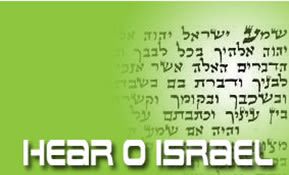

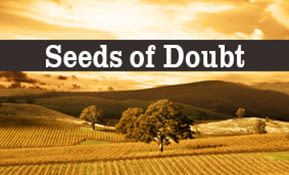

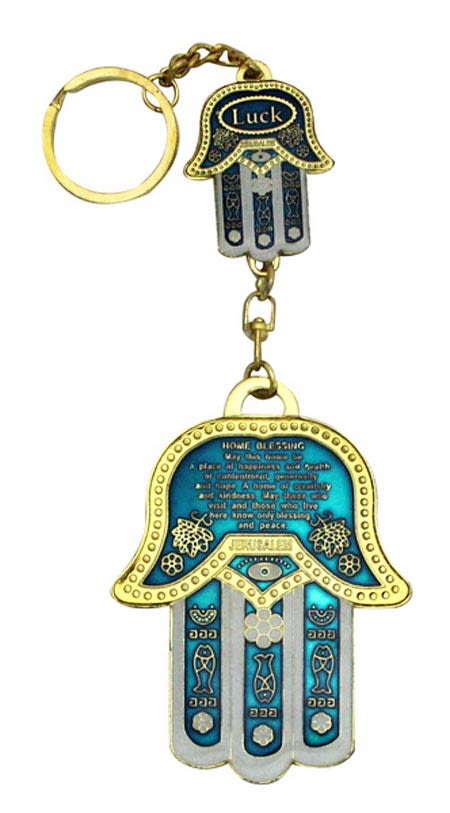
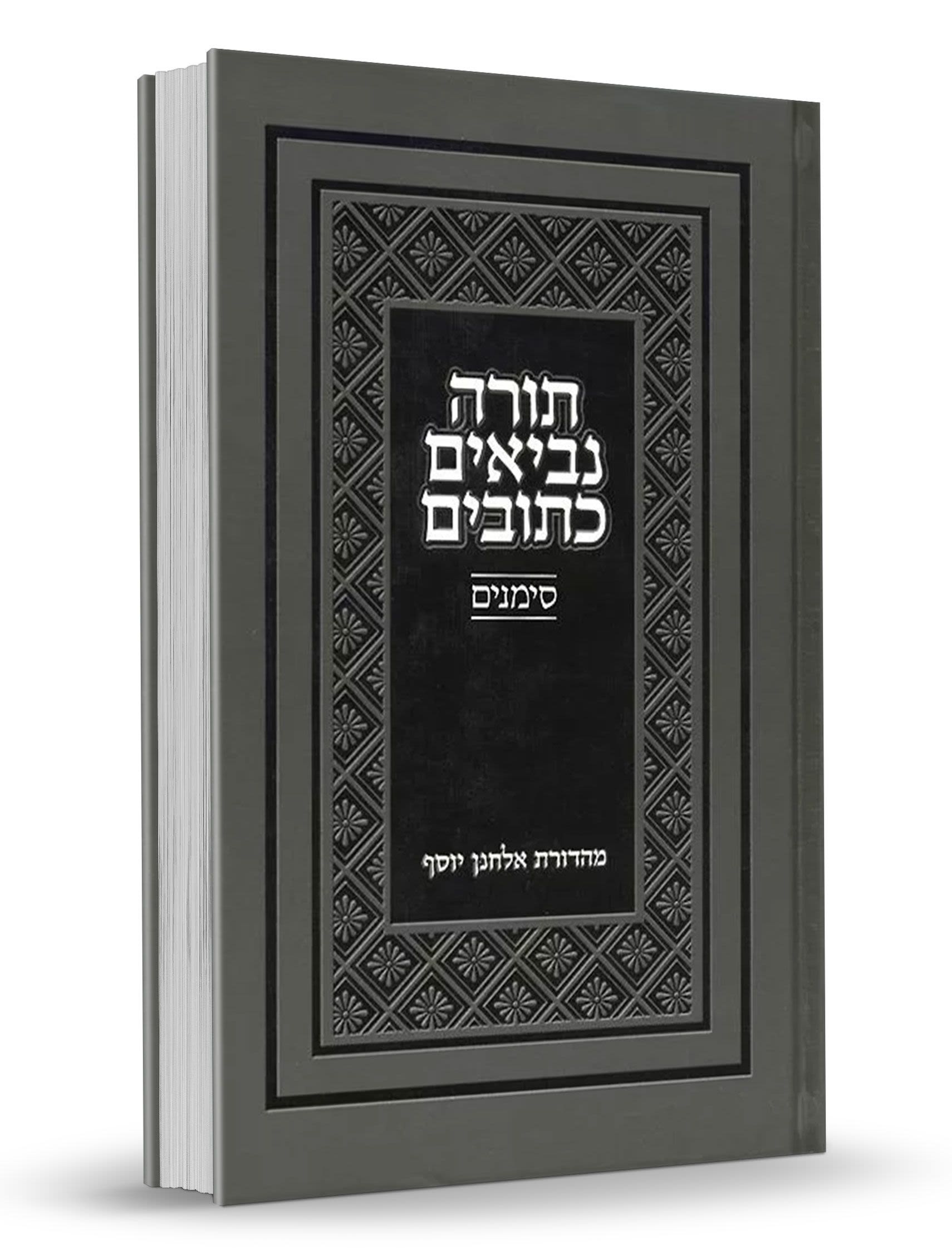
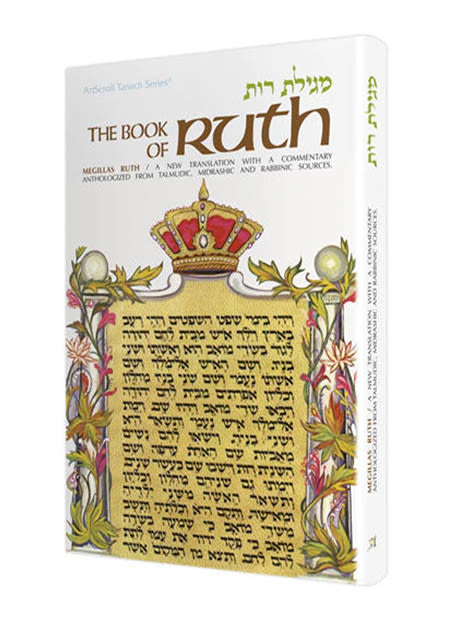
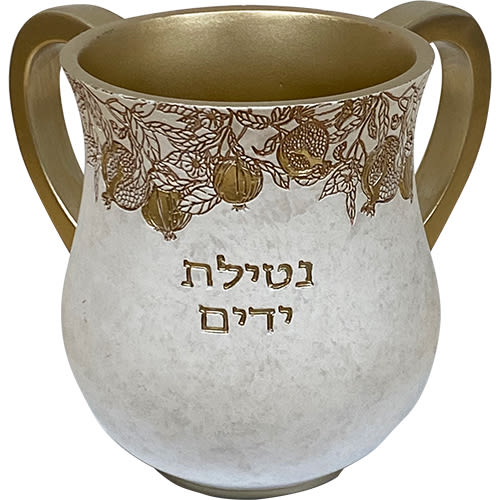
Tell us what you think!
Thank you for your comment!
It will be published after approval by the Editor.